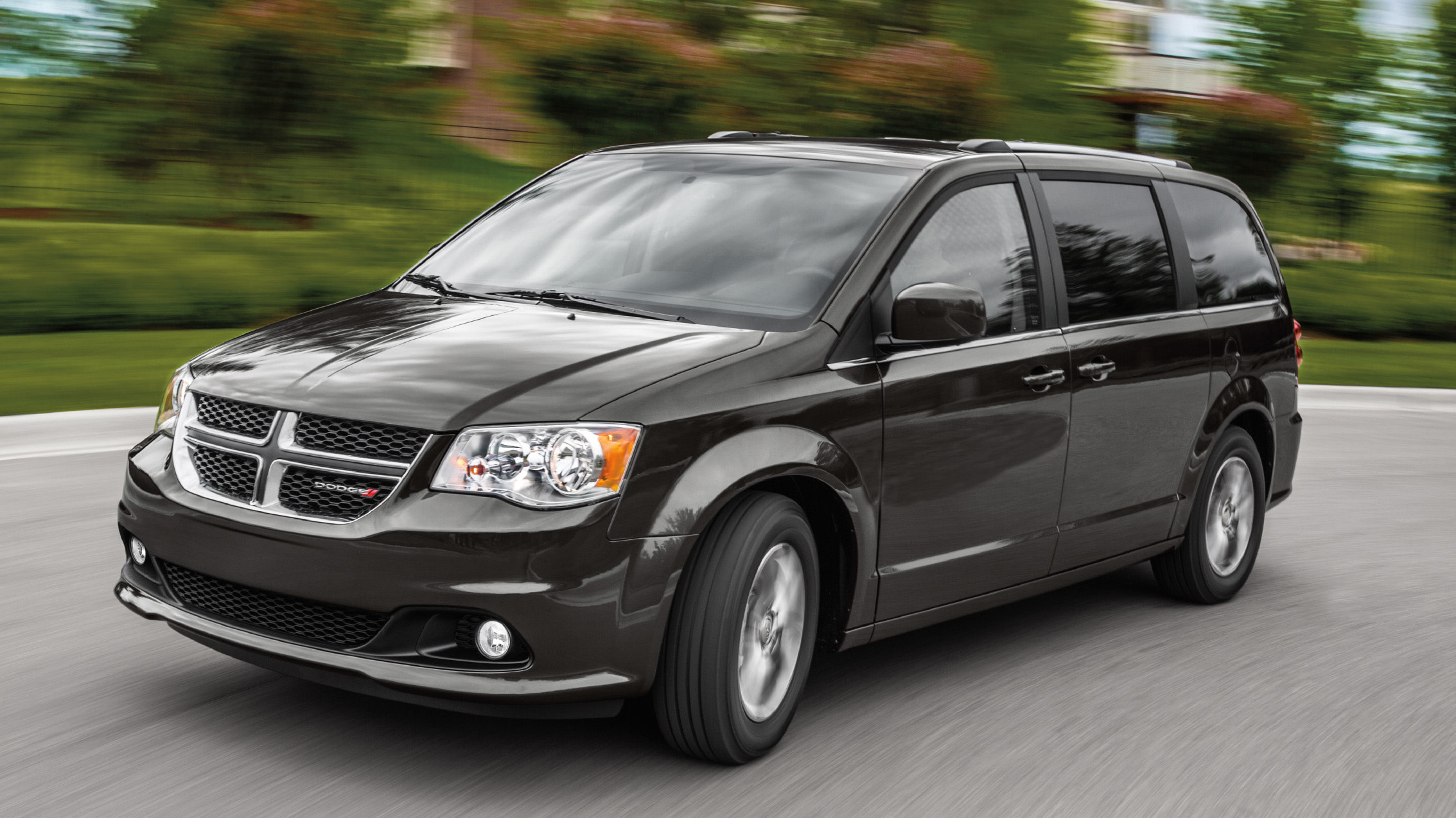Dead: Dodge Grand Caravan
The Dodge Grand Caravan is dead. Long live the Dodge Grand Caravan.
We first heard nearly seven years ago that Fiat Chrysler wasn't so sure about this whole Grand Caravan thing, but it managed to keep going since then, even as minivans fell further and further out of style and SUVs truly took over.
Well, no longer, according to Autoblog. The Grand Caravan is the best-selling minivan in the US, but that wasn't enough to convince Dodge to keep it around.
FCA confirmed this week that Dodge will end production of both the Grand Caravan and the Journey after the 2020 model year, leaving the brand without a front-wheel drive crossover for the first time since 2008, and without a minivan for the first time in nearly four decades.
Oh right and the Journey is dead too. Sales for both were down about 20 percent in 2019 compared to the year prior, but Dodge still sold nearly 200,000 of the Journey and the Grand Caravan combined last year. Which makes its decision to walk away from them completely a little puzzling even if neither car had been updated in a decade.
Instead, what we have seems more like a branding decision than something based on sales numbers or the rich history of the Caravan. FCA had said earlier this year that the Grand Caravan was on its way out, but today Dodge made it clear it wants to be known for its muscle cars, and pretty much nothing else.
From Automotive News:
Dodge, which helped usher in the minivan era, is now fully dedicated to muscle. The Journey utility vehicle and venerable Grand Caravan, the top-selling minivan in the U.S. last year, are gone after the 2020 model year.
[...]
Tim Kuniskis, FCA's head of passenger cars for North America, said the automaker has kept the Challenger, Charger and Durango fresh through the years by continuing to deliver surprises and "embracing our strengths."
During a media briefing, Kuniskis said the brand has been "giving our passionate, engaged and very vocal performance enthusiasts exactly what they want: more performance."
I think I would have preferred a future where Dodge instead chose to gamely keep manufacturing the Grand Caravan and Journey for another 10 years without updates, and maybe another 10 years after that, just to test how long it takes for consumers to notice when you stop updating your vehicles. But we get the world we're given, not the world we want.
The Caravan first came to be in 1983 and created a new segment in the auto industry, a segment that was actually created decades earlier. But we'll save that discussion for another day. RIP Caravan.
